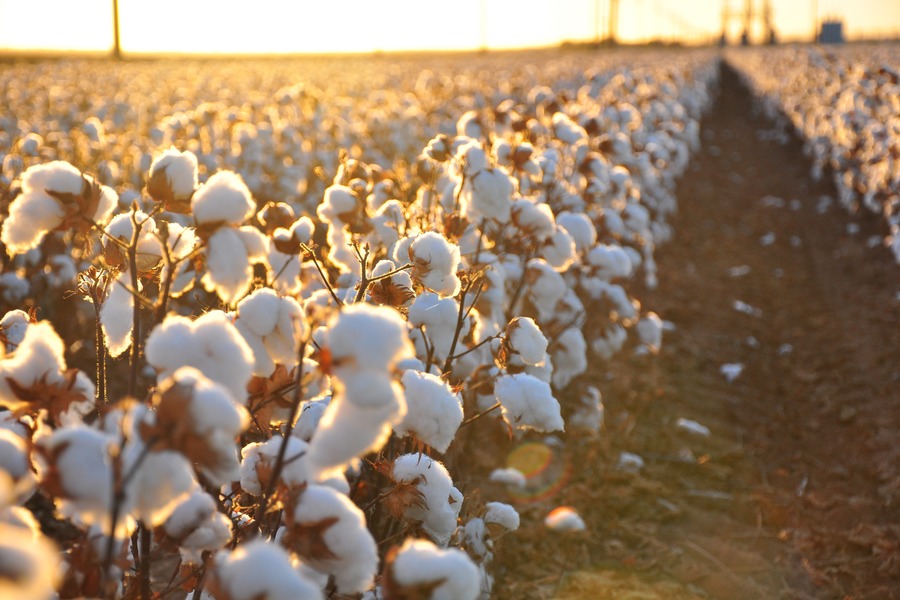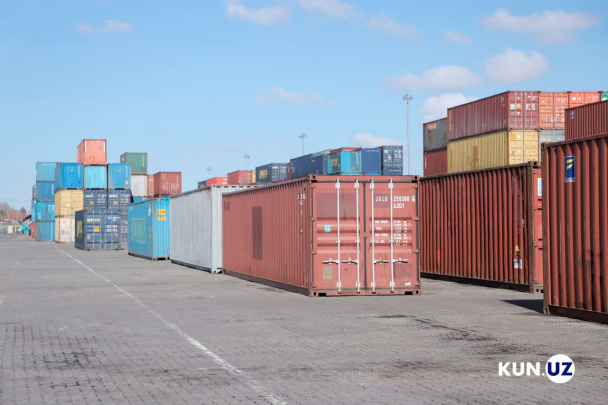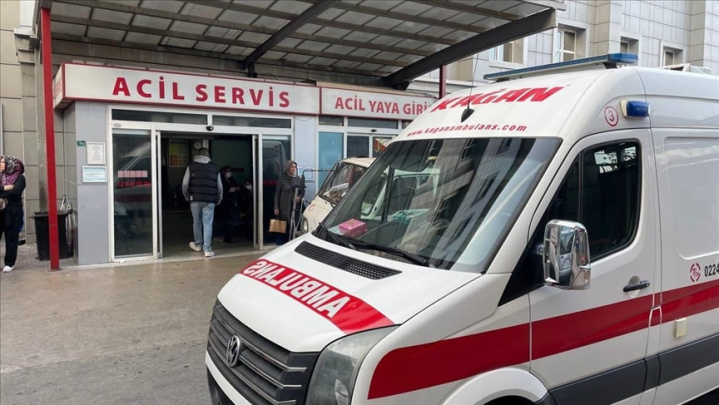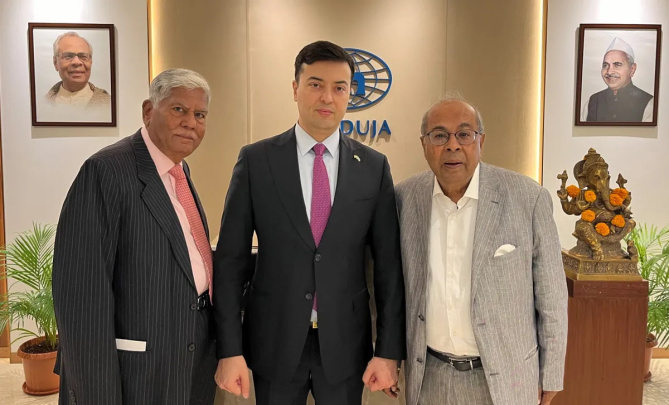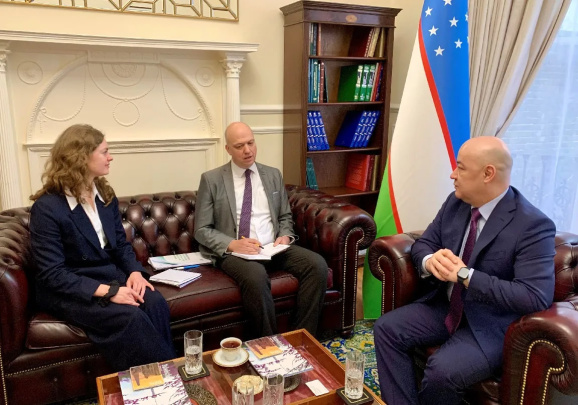The loan will be used to finance advances to cotton and wheat farmers, benefiting more than 3,600 farmers and farm workers, as well as provide direct agronomic support to strengthen their climate resilience and promote sustainable farming practices.
The financing is structured as a sustainability-linked loan (SLL) with key performance indicators linked to training farmers on Better Cotton Initiative (BCI) principles and improvements in integrated pest management practices. BCI principles include the preferred use of biological pest control agents to reduce reliance on agrochemicals, water stewardship, biodiversity, and land management, as well as promote international standards in labor, gender, and social protection. All SLL targets are evaluated by an independent Second-Party Opinion provider.
“This financing will help attract critical private sector investment into agriculture to help farmers adapt to the effects of climate change while supporting recovery from COVID-19. It will help to improve the region’s food security while developing longer-term solutions to strengthen sustainable agricultural systems,” said ADB Director General for Private Sector Operations Suzanne Gaboury.
Agriculture employs almost 3.7 million workers in Uzbekistan, making it the country’s largest source of jobs, with cotton and wheat dominating the sector. Nearly 580,000 metric tons of cotton were produced in 2021, making Uzbekistan the eighth-largest producer globally. Uzbekistan imports about one-third of its annual wheat demand, making domestic production pivotal to its food security.
“We are excited to announce our partnership with ADB. We are committed to environmental and social responsibility and recognize the importance of integrating sustainability into our operations. We believe, that working with ADB will help us leverage their strength and expertise in further augmenting our ESG practices,” said Indorama Corporation Vice-Chairman Amit Lohia. “We look forward to working collaboratively to advance our shared objectives. Together, we are confident that we can drive positive change in growing sustainably farmed cotton and other crops.”
Food security is a priority for ADB, which recently announced plans to provide at least $14 billion over 2022–2025 to ease a worsening food crisis in Asia and the Pacific while improving long-term food security by strengthening food systems against the impacts of climate change and biodiversity loss. Direct support to farmers and agribusinesses in the region is crucial to this initiative, with an expected $3.5 billion from ADB and $5 billion in co-financing to be provided to the private sector. The loan facility to IAL is part of this direct support to the private sector.
IRC is one of Asia’s leading chemical holding companies based in Singapore. IRC has over 31 manufacturing sites in nine countries manufacturing a multitude of products including nitrogen fertilizers, phosphate fertilizers, polyethylene, polypropylene, polyester, textiles, cotton fiber, and medical gloves. Indorama is the largest producer of fertilizers in sub-Saharan Africa, the largest producer of polyolefins in West Africa, and the third largest producer of synthetic gloves in the world. Indorama is also an integrated producer of cotton and synthetic spun yarns. IRC employs over 22,000 people worldwide.

